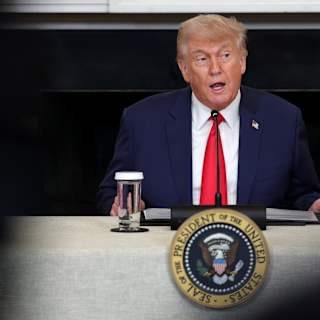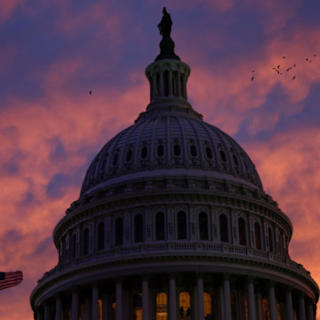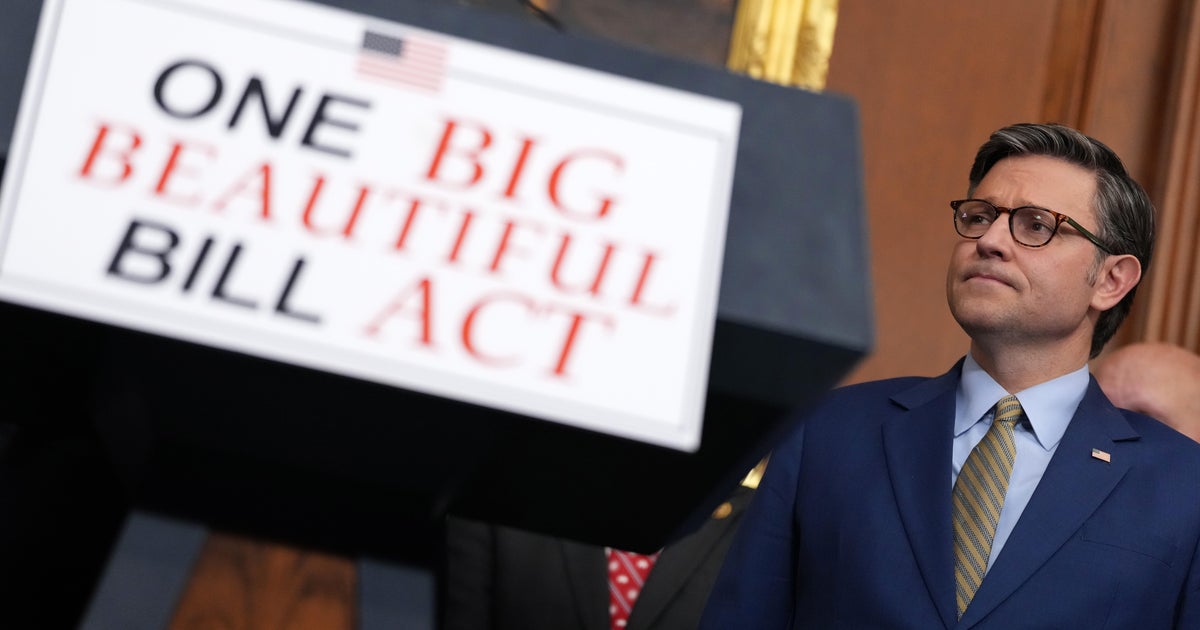- Analysis Shows Generational Divide
- Senate Republicans Navigate Internal Tensions
Senate Republicans face mounting pressure to pass a sweeping budget bill by July 4 that new analysis shows would transfer wealth from younger Americans to older, affluent households over their lifetimes. Senate Majority Leader John Thune told POLITICO Tuesday night the chamber is "on a path" to start voting on the legislation Friday, despite internal GOP concerns about deep Medicaid cuts that could cost the party politically.
The "One Big Beautiful Bill," which narrowly passed the House last month, would create what researchers call one of the largest intergenerational wealth transfers in American history, with a high-income 70-year-old projected to gain $120,000 over their remaining years while an infant born into a low-income family would lose $14,100 over their lifetime.

The Penn Wharton Budget Model found that older, wealthier Americans would be the primary beneficiaries of the Republican package, which aims to make President Trump's tax cuts permanent while cutting social safety net programs1. Kent Smetters, director of the Penn Wharton Budget Model, said younger Americans would bear the burden of increased national debt from the tax cuts. "Somebody has to pay — nothing is for free. In this case, that's the future generations," he told CBS MoneyWatch1.
The nonpartisan Congressional Budget Office reached similar conclusions, finding the top 10% of earners would see average annual gains of $12,000, while the lowest-earning households would lose $1,600 per year, or nearly 4% of their annual income12. Middle-income households would see modest gains of $500 to $1,000 annually2.
Behind closed doors, GOP leaders are struggling with competing pressures as Trump's deadline approaches. House Speaker Mike Johnson has warned Senate Republicans privately that deep Medicaid cuts could cost House Republicans their majority next year, according to three sources familiar with the discussions1. Senator Thom Tillis of North Carolina cautioned that the Medicaid reductions could become a "political albatross" similar to the Affordable Care Act for Democrats1.
The legislation would cut nearly $800 billion from Medicaid over 10 years and impose nationwide work requirements for the first time23. It would also reduce federal student aid, with more than half of current Pell Grant recipients receiving reduced aid3.
Senator Brian Schatz called the measure "the largest wealth transfer in American history," saying Republicans are "literally taking from the poor — people who don't have enough money — and shoveling it straight into the pockets of people who already have more than enough4."





